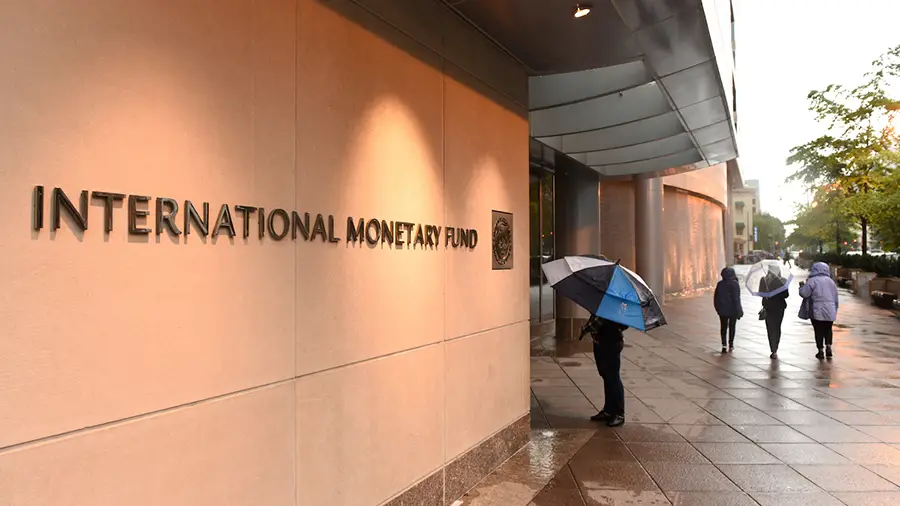The new document of the International Monetary Fund (IMF) assumes that cash and bank deposits may remain in the past, as digital money and stablecoins are becoming more and more popular.
In the document
titled Growing Digital Money, it talks about how technology companies are increasingly competing with major banks and credit card companies. The authors of the document note:
“Digital forms of money are increasingly being used by consumers. Cash and bank deposits are struggling with so-called electronic money, denominated and tied to the euro or the dollar. “
Ultimately, as the IMF warns, cash and bank deposits “will face stiff competition and may even be defeated” by these new forms of digital money. Stablecoins, which are becoming more and more popular, “may be more convenient as a means of payment”, but the authors question the stability of their prices.
“In the end, they are economically similar to a private investment fund that guarantees repayment at par. If 10 euros are invested, 10 euros must be withdrawn. The issuer must be able to fulfill this obligation, ”the IMF writes.
Banks should be able to take action against new competitors by offering better services or similar products for electronic money, the document says. At the same time, politicians fear that banks will have to change their work due to new conditions. Despite this, banks most likely will not disappear anywhere, because firms offering these new payment methods can become banks themselves and use their advantage of possessing certain information to provide targeted loans.
The document discusses various types of new payment instruments, including “i-money”: “the equivalent of electronic money and a tool like a stock”. One example of i-money is the Facebook Libra cryptocurrency, which will be tied to a basket of fiat currency and government bonds.
Regarding regulation, central banks will play an “important role” in shaping the future of electronic money. They will set rules that will have a strong influence on the spread of digital money and on how much they put pressure on commercial banks.
In addition, the document proposes a public-private solution, called the “special state cryptocurrency”, according to which the central bank will offer settlement services to e-money providers, including access to central bank reserves. However, “private electronic money providers will be responsible for all other functions in accordance with the law.”
Such a concept, according to the document, will be a less expensive and less risky model and will allow the private sector to “innovate and interact with customers”, while the central bank will introduce “trust and efficiency” into the system.
In late June, the IMF conducted a study, according to the results of which some central banks are planning
release of own cryptocurrency.















